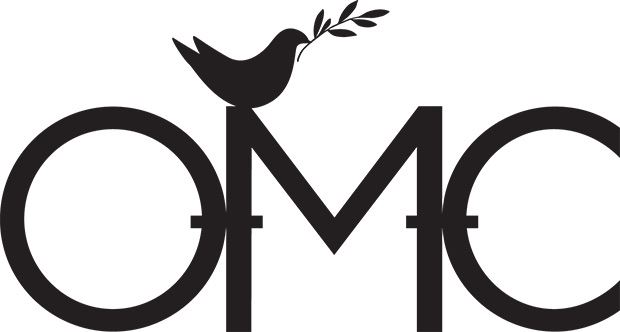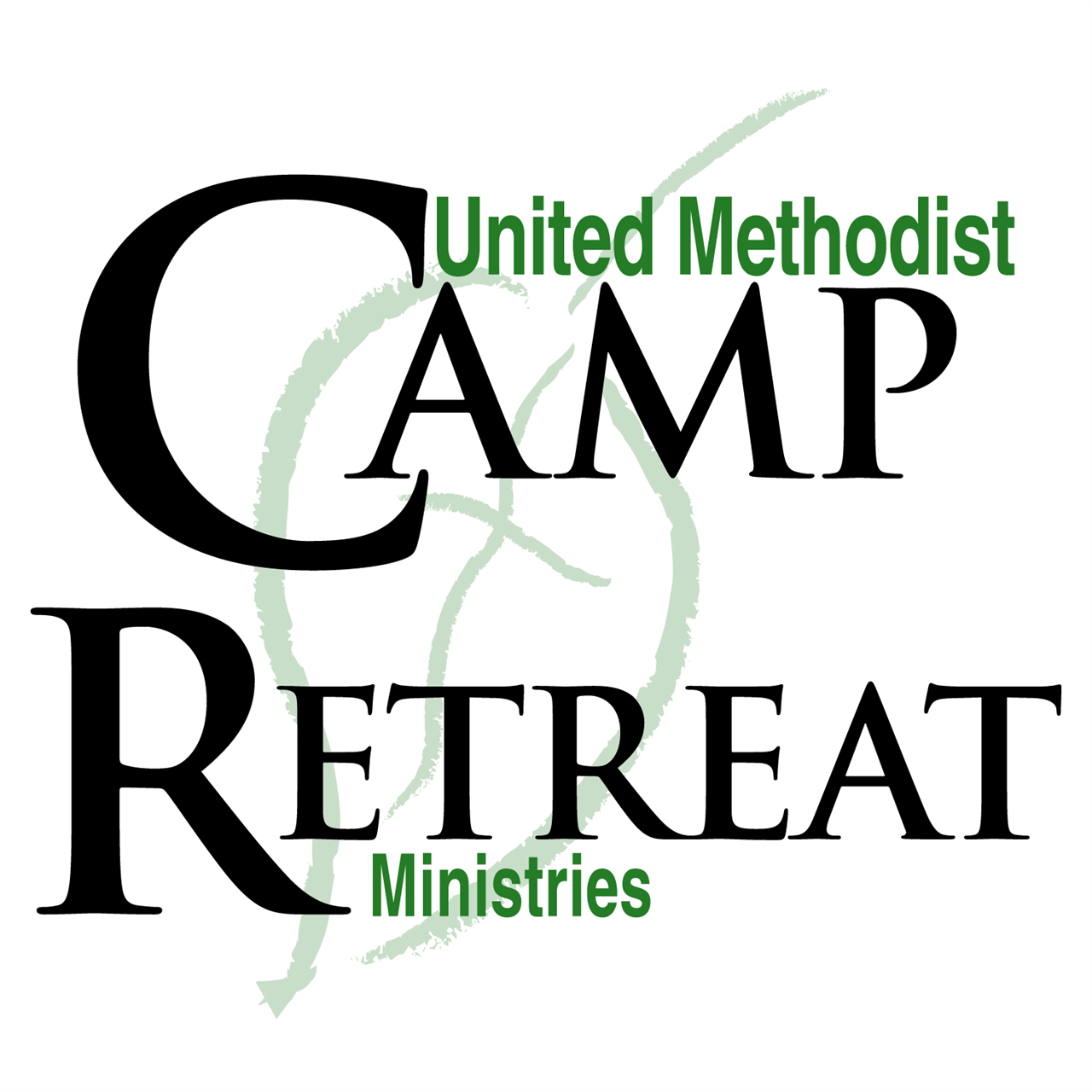



Every two years, our UMCRM community joins camp and retreat leaders from several other denominations through the Outdoor Ministries Connection (OMC) to conduct a massive research project that measures trends and impact of faith-based camp and retreat ministries across the US and Canada. Sacred Playgrounds, Inc. conducts the research via a thorough Directors’ survey. We began collecting data in 2014 and are now able to see insightful trends over time. In 2020’s survey we are also able to see the significant impact that the pandemic has had on our collective ministry.
The United Methodist participation in this research was significant, with 108 of our 189 sites represented in the data. Because of this high response rate, we are able to effectively compare United Methodist camp and retreat ministries to our ecumenical counterparts. We can also get a clear picture of the full impact of COVID-19 specifically on our UM sites.
Several camp and retreat leaders across the country have had a chance to look at this data and have shared some helpful observations. Below are some excerpts from their reflections.
Keith Shew (Director of Camp & Retreat Ministries, Dakotas-Minnesota Conferences) observes how the data makes a case for strengthening camp and retreat centers’ relationships with their Annual Conferences:
The thing that stood out to me the most from this report is the correlation between our UMCRM camps’ ability to weather COVID-19-related challenges and how connected they are to congregations/denominations. This feels significant.
For a time such as this (COVID-19) it has never been more important to be connected to the body. Some highlights:
-
92% of UMCRM ministries state a moderate to strong emphasis on faith development and connection to our congregations/denominations.
-
-
83% of our centers received financial assistance through special fundraising campaigns. This was second only to assistance through PPP dollars.
-
-
This would not have been successful without generations of committed denominational partners, ambassadors, and champions involved to help extend the message to support camps during this time of great challenge and unknown. Relationships and congregational/denominational investment in camp’s mission made this possible.
-
77% of our camps state they are extremely to very confident that their ministries will remain in operation in two years.
-
-
This confidence is an illustration of why deep roots in our local congregations, districts, and conferences are mission-critical. Strong buy-in and our work to stay connected and partner in mission allows for this.
Camps are part of the fabric/DNA of our congregations and denomination and our leaders’ stories; they do not want us to fail.
Sara Shaw (Coordinator of Camping Ministry, Great Plains Conference) observes the connection between Director tenure and COVID’s impact on staffing:
According to these findings from the report, there is such a wide range in care for camp staff financially:
One could argue that based on the tenure report there appears to be a higher rate of turnover than what other averages may be with Directors who are not in the UMC. Would it be beneficial to have a standard [salary] set for Directors’ pay, like we do for pastors?
Kenny Funk (Director of Camp Wrightwood & Interim Director of Camping Operations, CAL-PAC Conference) notes the priority results of the “Philosophy Statements” section as they relate to diversity and a focus on retreats:
It is clear that diversity is an area for growth for our collective ministry:
Even if diversity doesn’t happen at your site, there is importance in including diversity in your philosophy. A simple understanding of preference may be a good place to start. We are finding that older congregants and diverse campers prefer a retreat facility to a camp experience.
These are just a few snippets of the overall story that this data tells. Within these numbers you will also find the deep commitment to faith formation that is foundational to our ministries, the financial impact of COVID-19 on our sites, and the hopeful future that camp and retreat Directors are striving toward. We encourage you to share the survey findings with ministry donors, board members, and leaders throughout your Annual Conference. Both the full report and the UM-specific data set are tools for all of us to tell the impact story of United Methodist Camp and Retreat Ministries.
If you create additional interpretive materials for your constituents and stakeholders, we would like to see them. Contact Jessica Gamaché, UMCRM Association Director. Enthusiastic thanks to all of our community members who took part in the research and to those who offered reflections for this article.